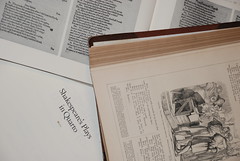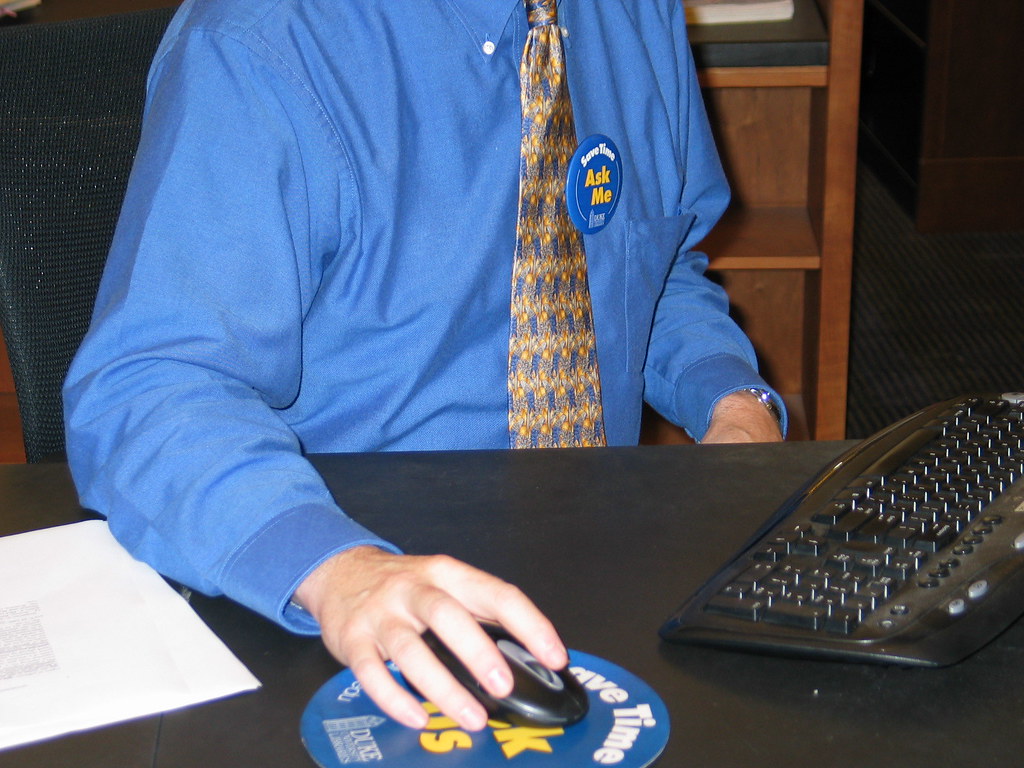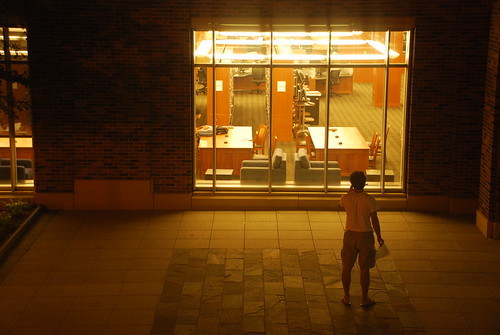The Collection Strategy and Development department coordinates the strategic development and management of the collections at Duke University Libraries. Staff and subject specialists work closely with faculty to devise collection strategies that support instruction and research. Say hello!
 Name: Jeff Kosokoff
Name: Jeff Kosokoff
Years at Duke:0.67
What I do in the library: As Head of Collection Strategy and Development, the elevator speech says that I provide leadership and vision for the development of the Duke University Libraries collections to ensure that the scope and caliber of the resources to which the Libraries provide access are appropriate to support the mission of Duke University. I help manage our collections budgets, convene our Collections Coordinators Group, work with DUL librarians, and folks in the professional schools and other libraries to get things done with collections in ways that provide great service, help create the right scholarly communication ecosystem, and build on our existing strengths while developing in new directions for the future.
I went to high school: At the Metropolitan Learning Center in Portland, Oregon. MLC is the oldest K-12 public alternative school in the country. We didn’t have desks lined up in rows; we called our teachers by their first names and were largely in classes with other kids of all ages. I honestly can’t remember having any homework until 7th grade.
The most interesting place I traveled to: This is a tough one, as I love to travel. In a way, coming to Durham fits in here. Having said that, last year was a great one, since I spent 2 weeks each in Berlin and Morocco.
My longest road trip in the fastest car: When I was in grad school at Indiana University, I used to drive home to Oregon. My 1985 Tercel and I once completed the approx. 2,200 miles in 38 hours. Not bad considering I stopped a couple of times to nap.
 Name: Dee McCullough
Name: Dee McCullough
Years at Duke: 27 yrs, 4 months at DUL (31 yrs, 3 months at Duke)
What I do in the library: I am your general theme park worker; the rides are: collections budget, approval plans, purchase suggestions, SAP, electronic bookplates, data gathering/analysis, DULSA, web editing, GOBI, lost items replacement and currently New & Noteworthy book selection… ALL ABOARD!
I went to high school: As a Wildcat, at Garinger High in Charlotte, NC, the city’s oldest continuous high school: started as Charlotte High in 1909, then became Central High in 1923 and Garinger in 1959. Also one of the largest (63 acres; student population averaging 2,000), it was highlighted in a 1962 National Geographic issue as Charlotte’s showplace high school. My highlights there were in the footlights as Drama Club booster/president, Snips-n-Cuts yearbook copy editor, and JROTC drill team marcher and military ball queen (and sweating in 95-degree heat during a 2-hour battalion review!)
The most interesting place I traveled to: Definitely Cairo, Egypt… My junior year at Duke was transformed into a 10-month stay at the American University, allowing me to meet some of the friendliest people on the planet while also encountering people and ideas from all over the planet. I walked throughout the city, visiting many sacred and secular sites, and was especially delighted by Khan el-Khalili bazaar which is famous for its diverse commercial activities, souvenirs, antiques and jewelry. Khan el-Khalili’s original purpose was as the burial site for the Fatimid caliphs. Favorite, cheapest, and most nourishing food while in Cairo on a student budget: Kushari, a garlic-spiced mixture of rice/lentils/chickpeas/macaroni topped with tomato vinegar sauce.
My longest road trip in the fastest car: Well, it was the fastest car to me at the time: 1986 Toyota MR2, scooting up to New York City from Durham for a bagel run, and we saved a giant petulant snapping turtle who was stubbornly refusing to leave the middle of I-95!

Name: Candice Brown
Years at Duke: 7
What I do in the library: During my time at Duke, I’ve worked on a variety of projects. I’ve worked in the basement of Rubenstein with thousands of dusty newspapers and at Smith Warehouse translating Ottoman Turkish with the use of a cheat sheet. I’ve recently joined Collection Development as the Gifts Assistant coordinating gift-in-kind intake and processing.
I went to high school: At Cooperstown High School in upstate New York. It’s a quaint little town with literary history, a beautiful lake, and a major baseball problem – our biggest claim to fame.
The most interesting place I traveled to: Zaanse Schans in the Netherlands. Windmills, pewter, giant pancakes, and lots of cheese. Can’t go wrong.
My longest road trip in the fastest car: Rochester, New York, to Orlando, Florida, in a Honda Civic. It wasn’t very fast.
 Name: Judy Bailey
Name: Judy Bailey
Years at Duke: Decades (guess how many!)
What I do in the library:Whatever I’m asked to do
I went to high school: A long time ago
The most interesting place I traveled to: Many places in Israel
My longest road trip in the fastest car: They don’t intersect: fastest car was a ‘69 Vette, but my longest road trip was from Pontiac, Michigan, to Key West, Florida.
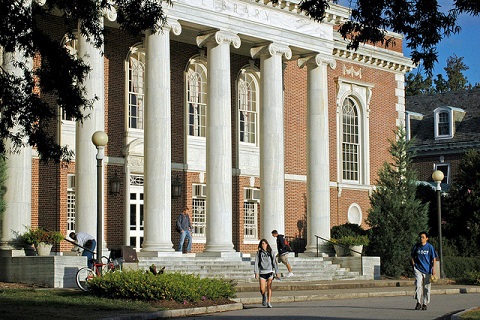
 Quick Facts: about collections and loan policies
Quick Facts: about collections and loan policies






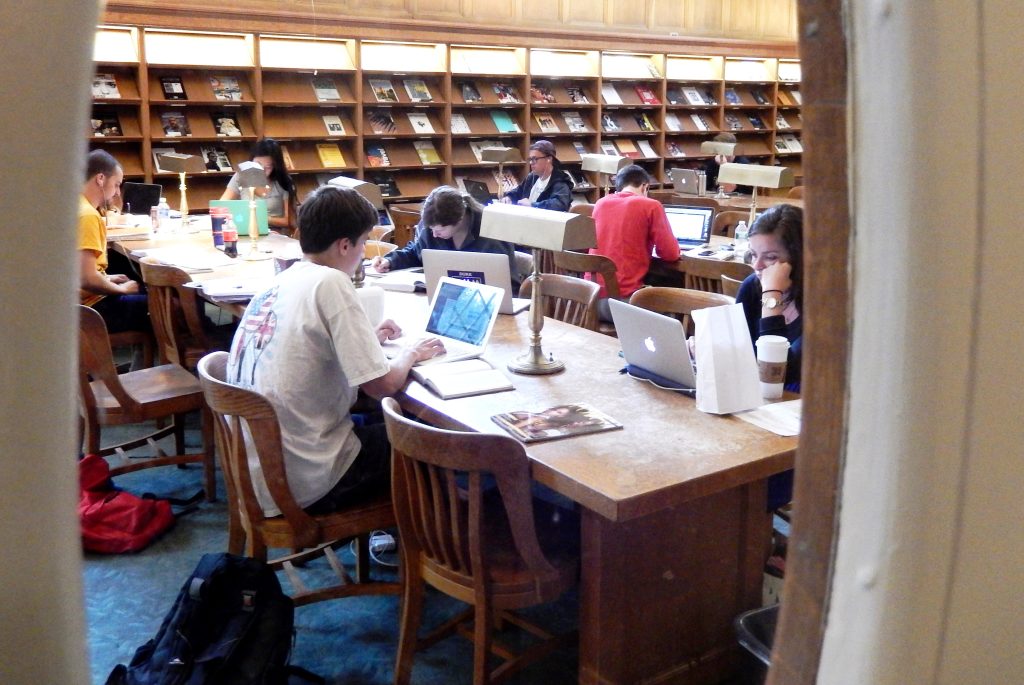







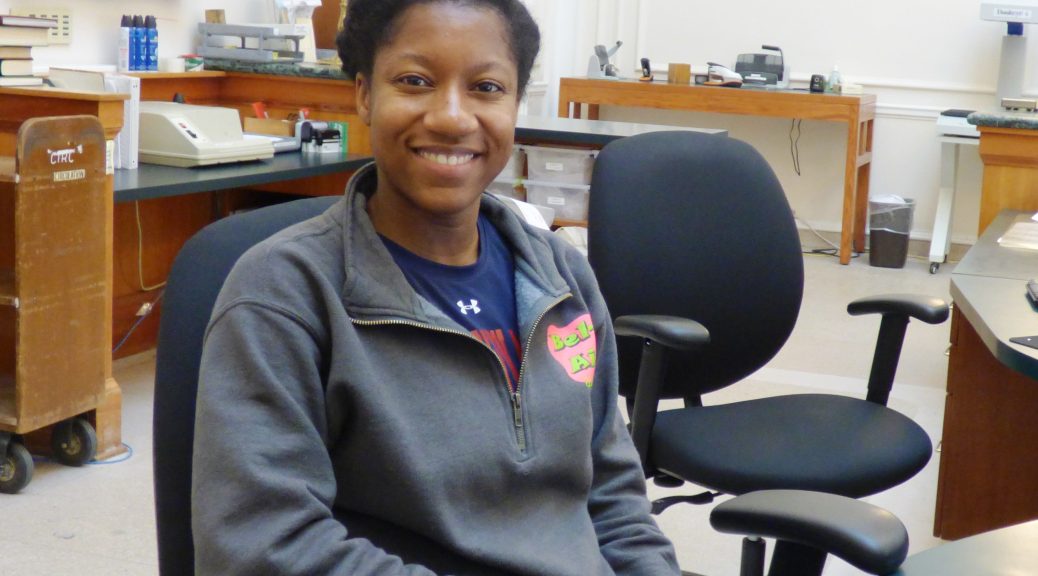



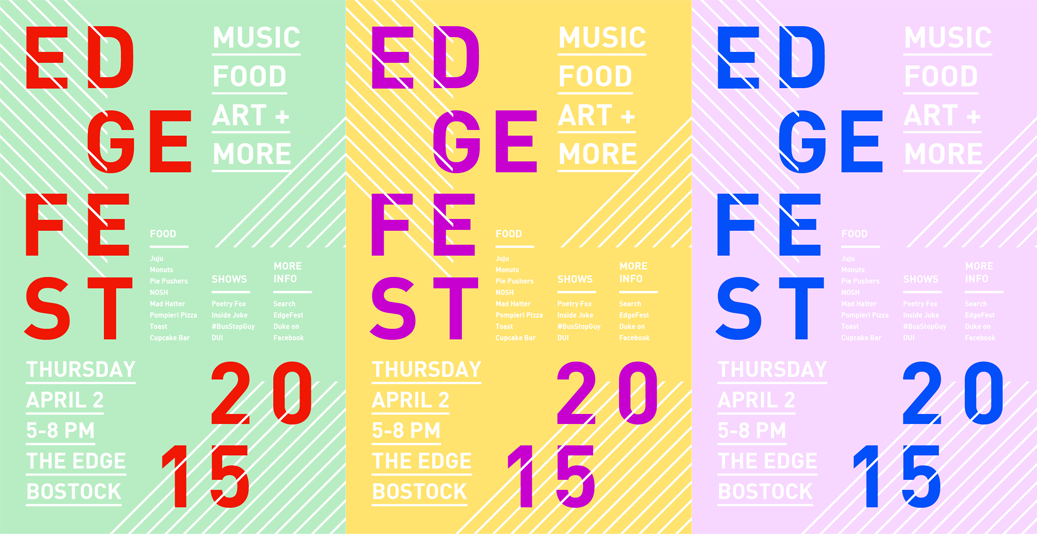

 Name: Jeff Kosokoff
Name: Jeff Kosokoff Name: Dee McCullough
Name: Dee McCullough
 Name: Judy Bailey
Name: Judy Bailey
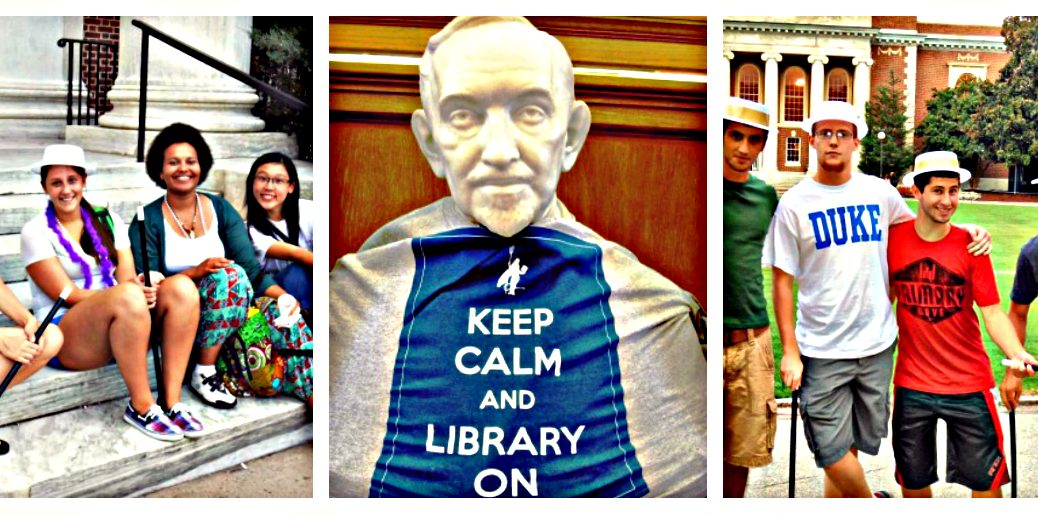



 The quick and frivolous
The quick and frivolous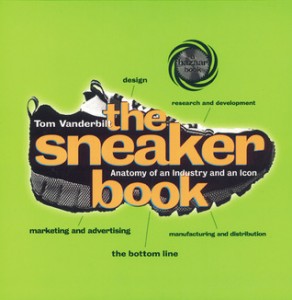











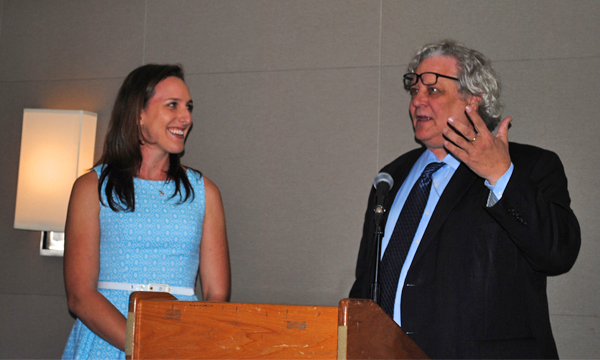



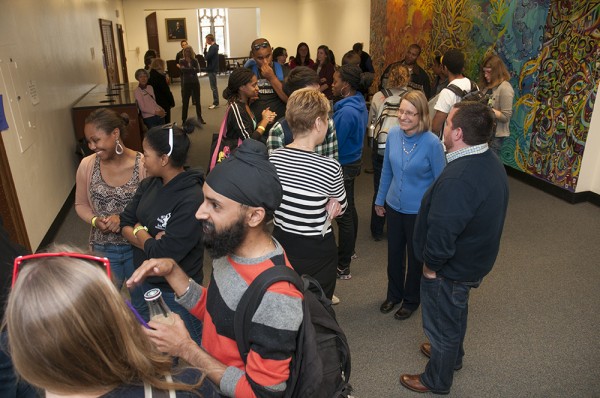


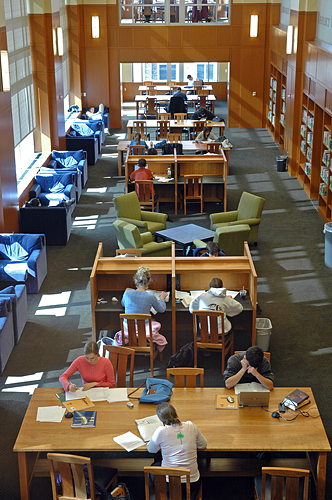
 Robert Byrd
Robert Byrd
 Greta Boers
Greta Boers

















